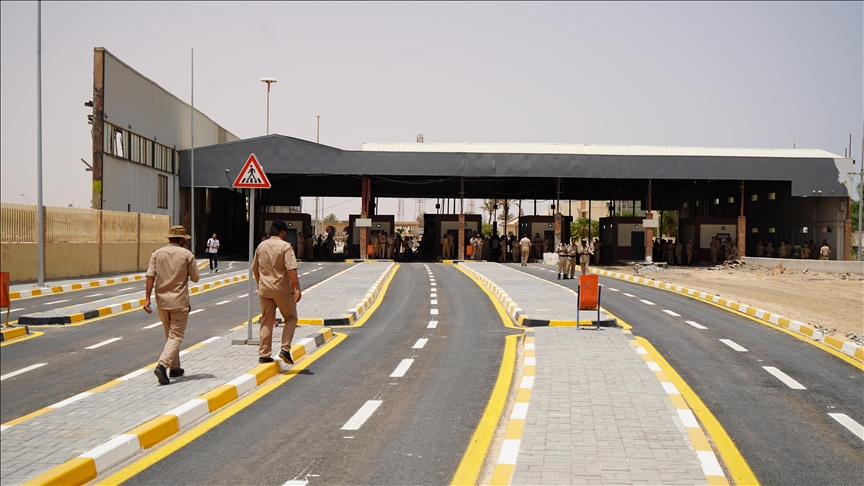Tunisia and Libya discuss border demarcation amid ongoing cooperation

Tunisia and Libya have initiated a joint effort to demarcate their shared border, with the aim of resolving long-standing issues regarding the delineation of their frontier.
Khaled Al-Suhaili, Tunisia’s Minister of Defense, confirmed the ongoing cooperation between the two nations during a parliamentary debate on the Ministry of Defense’s budget on Tuesday, November 12, 2024.
He emphasized Tunisia’s commitment to safeguarding its territorial integrity, stating, “Tunisia will not allow, and has never allowed, a single centimeter of its land to be neglected.”
Minister Al-Suhaili further revealed plans to visit the border region to personally assess the situation, underlining the continuous collaboration between Tunisia and Libya in addressing the matter.
This development comes after years of complex historical and political discussions surrounding the Tunisia-Libya border, which dates back to colonial agreements made by French authorities in Tunisia and Italian authorities in Libya in 1910.
While these agreements set the initial boundaries, some desert areas remain contentious, particularly in light of the region’s evolving geopolitical importance.
The discovery of oil in these desert regions after the independence of Tunisia in 1956 and Libya in 1951 heightened the strategic significance of the border areas, bringing new challenges to their demarcation.
The period under Muammar Gaddafi, in the 1970s, was marked by tensions as Libya sought to assert its influence over the region.
While bilateral agreements on border control and security cooperation were established, the situation became increasingly complicated after the 2011 Libyan civil war.
The ensuing instability in Libya exacerbated sovereignty issues, leading to frequent border post closures and rising concerns about smuggling and cross-border insecurity.
As Tunisia and Libya continue to work together to resolve these border issues, both nations are focused on ensuring long-term stability in the region, underscoring the importance of joint efforts in promoting security and cooperation.
About The Author
dailymailafric
I am an avid African news observer, and an active member of Daily Mail Africa.
I’m Passionate about staying informed on diverse topics across the continent,
I actively contribute to publishing on political, economic and cultural developments in Africa.



